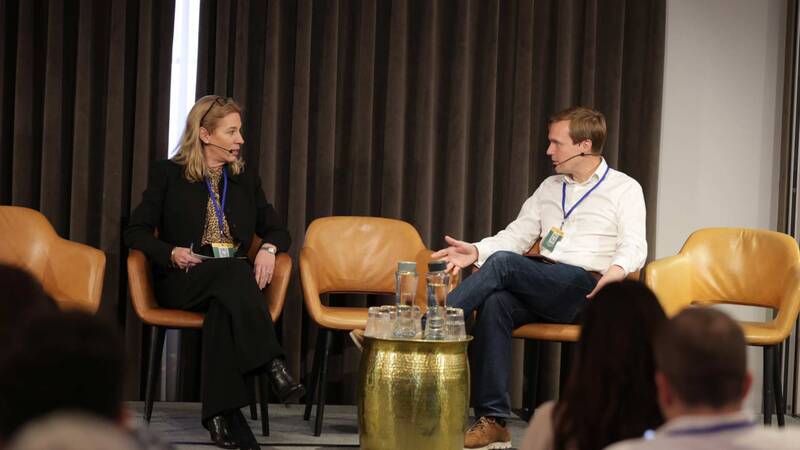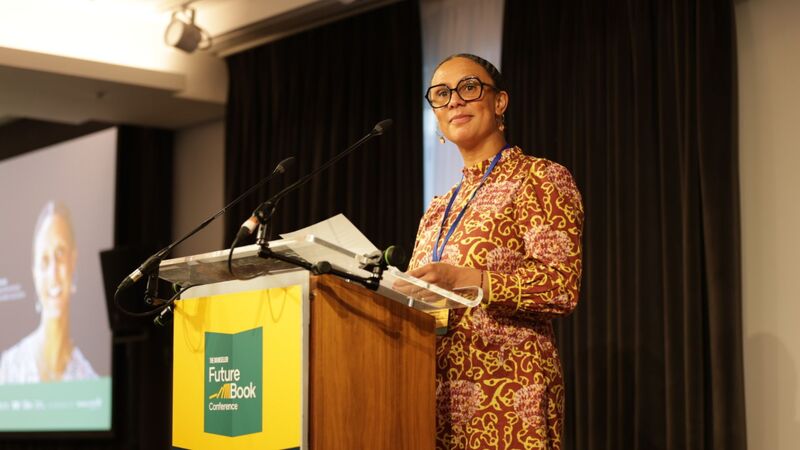You are viewing your 1 free article this month. Login to read more articles.
Are agent 1-2-1s making access worse?
Do paid agent sessions give authors a foot in the door, or are they just another barrier to equity?
For anyone who doesn’t know, agent 1-2-1s are short sessions (usually 15 minutes), where a writer can send work in advance to the agent and give feedback during the slot. It’s usually verbal feedback only, and it can cost up to £80 for this privilege — yes, that’s not a typo. The price range is often £60-80.
There can often be discussion about the suitability of the work for the market, more general chat about the writer and other questions they may have of the agent.
So, what’s the problem? That sounds great, right?
I think everyone is in agreement that the opportunity to chat with agents is amazing and writers mostly come away feeling like they’ve learned something or benefitted from it — so it’s less about the actual 1-2-1s and more about their presence within our industry.
But what do agents themselves think about them?
Well, they all agreed they enjoy doing them and they can lead to signing new clients, but that writers can be defensive or make the conversation awkward by asking if they’d like to see the full manuscript.
“I find them a very mixed bag. On one end of the spectrum, some writers don’t really want to hear feedback when it comes down to it and can get quite defensive, which can be uncomfortable. I think these writers might sign up to one-to-ones under the misapprehension that just getting their book in front of an agent will lead to an offer of representation, which isn’t true. We are reading our submissions so if all you want is to get it in front of us, I would recommend just submitting through the inbox. The sessions can be a bit pointless if agents feel restricted from offering any sort of real opinion.
“I would say that the most difficult 1-2-1s I’ve experienced are when the author appears to have taken part only to discover whether or not I would like to represent them and is very resistant to any feedback.”
I know many authors who’ve been signed immediately after or subsequently because of a 1-2-1, but because the writer has paid for that opportunity, and so has bypassed the traditional submissions process, have they been given an unfair advantage?
One agent got to the crux of this whole discussion, in my opinion, and the reason I’m writing this article.
“I think one of my frustrations with the whole process is the lack of diversity. How do organisations selling 1-2-1s make this process accessible and inclusive? I sometimes see the same faces and I almost always see the same demographic. I don’t know what the answer is here. I want to be paid for my time (which is always stretched) — the prep for 1-2-1s is time consuming and the delivery of a lot of them at once is tiring — but I also want to find new, underrepresented, voices and passionately believe we should all be working towards more inclusive publishing. I would always be open to discussing a new approach or a different way of delivering if organisations have ideas on this.”
So, are they a potential additional barrier faced by many who are unable to afford them? Many writers say that they’d never feel they could apply for the free ones offered, nor could they afford the full price (see an example of price above) — so they’re stuck in a limbo of never being able to do one.
“I’m eligible for that but never did it as I felt too guilty taking that place over someone else who is even worse off than me.”
Now, some people might argue that’s a fair price for what you’re receiving, but there’s the counter-argument that agents are gaining from these interactions in other ways, too (they can lead to writers signing with that agent - one quoted 6% of their clients from 1-2-1s, or at least forming a relationship that results in it later down the line), and so are the organisation, in a monetary and reputational way. But are the writers always benefitting? How do they feel about them?
“I love them because they give you a foot in the door, a ladder up the slush pile and we are in control of who we want to chat to and how many agents we speak to. It’s a chance to build a relationship, get recognised and for more in depth feedback and it’s how I found my agent. I dislike them for similar reasons. But mainly because for many they’re inaccessible. They’re expensive and making agents even busier in their already hectic lives, thus it must be having an effect on their growing slush piles. A 1-2-1 is basically a ticket to the top above someone at the bottom. And it’s all down to money. But I have huge guilt about it when I think that chance isn’t there for so many writers out there.”
Many of the writers feel there’s an elephant in the room at 1-2-1s, saying they believe they get asked for fulls out of obligation or awkwardness, especially when the author themselves asks if the agent would like to see the full. But there is an extremely high percentage of "ghosting’" (never getting a reply) on those fulls when requested.
“So, yes, they do create barriers... but whether they are that helpful for those who can afford them readily is another question. If they’re just requesting fulls without ever intending to read them, then what’s the point?”
I know many authors who’ve been signed immediately after or subsequently because of a 1-2-1, but because the writer has paid for that opportunity, and so has bypassed the traditional submissions process, have they been given an unfair advantage, simply because they have the means to afford a 1-2-1? And are they creating yet another barrier to those with less means, which we know correlates with those most underrepresented already?
This isn’t about the quality or benefit of 1-2-1s, of which there is no doubt is huge — it’s more the question of; with current cost and set-up — are they a hindrance to reducing barriers? Are they in danger of making it pay to play, or undoing all the good work of helping those traditionally underrepresented over the last few years?





















